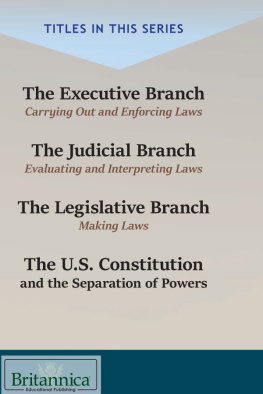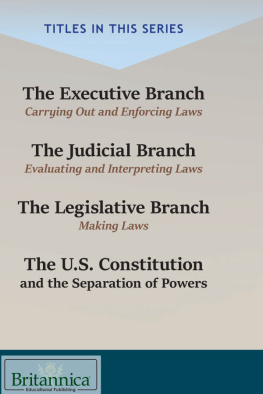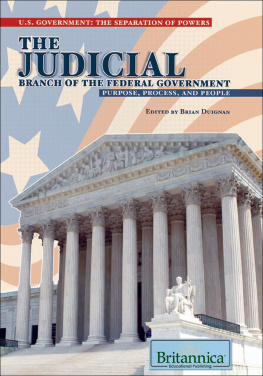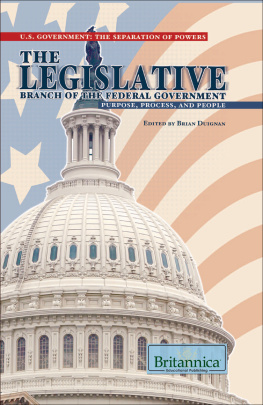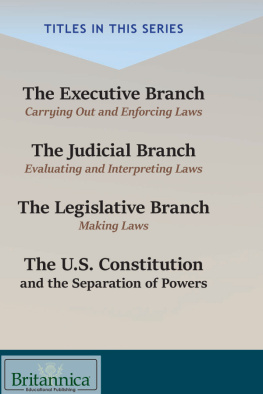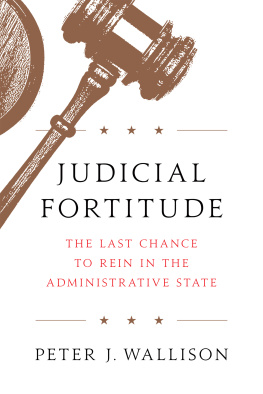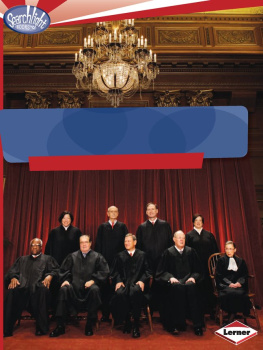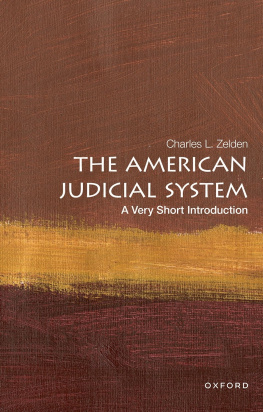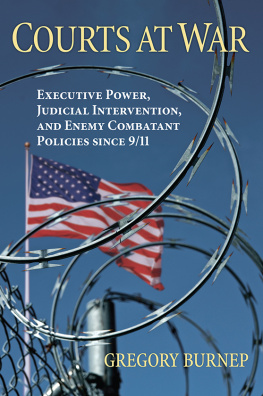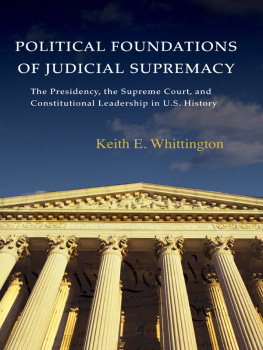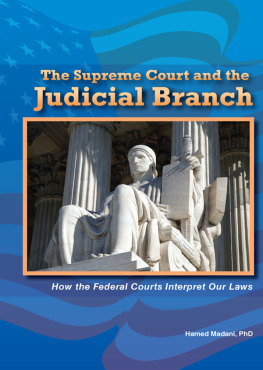
Published in 2019 by Britannica Educational Publishing (a trademark of Encyclopdia Britannica, Inc.) in association with The Rosen Publishing Group, Inc.
29 East 21st Street, New York, NY 10010
Copyright 2019 by Encyclopdia Britannica, Inc. Britannica, Encyclopdia Britannica, and the Thistle logo are registered trademarks of Encyclopdia Britannica, Inc. All rights reserved.
Rosen Publishing materials copyright 2019 The Rosen Publishing Group, Inc. All rights reserved.
Distributed exclusively by Rosen Publishing.
To see additional Britannica Educational Publishing titles, go to rosenpublishing.com.
Britannica Educational Publishing
J.E. Luebering: Executive Director, Core Editorial
Andrea R. Field: Managing Editor, Comptons by Britannica
Rosen Publishing
Carolyn DeCarlo: Editor
Nelson S: Art Director
Brian Garvey: Series Designer/Book Layout
Cindy Reiman: Photography Manager
Bruce Donnola: Photo Researcher
Library of Congress Cataloging-in-Publication Data
Names: Duignan, Brian, editor. | DeCarlo, Carolyn, editor.
Title: The judicial branch : evaluating and interpreting laws / edited by Brian Duignan and Carolyn DeCarlo.
Description: New York : Britannica Educational Publishing, in Association with Rosen Publishing, 2019. | Series: Checks and balances in the U.S. government | Includes bibliographical references and index. | Audience: Grades 7-12.
Identifiers: LCCN 2017056243| ISBN 9781538301692 (ebook)
Subjects: LCSH: CourtsUnited StatesJuvenile literature. | Civil rightsUnited StatesJuvenile literature. | LawUnited StatesInterpretation and constructionJuvenile literature. | Justice, Administration ofUnited StatesJuvenile literature.
Classification: LCC KF8720 .J83 2018 | DDC 347.73/2dc23
LC record available at https://lccn.loc.gov/2017056243
Manufactured in the United States of America
Photo credits: Cover, p. 1 Kenneth Jeng/Shutterstock.com (court), Lightspring/Shutterstock.com (scale), iStockphoto.com/arsenisspyros (capital); p. 6 Comstock/Thinkstock; pp. 9, 38 Alex Wong/Getty Images; p. 12 Library of Congress, Washington, D.C. (neg. no. LC-USZ62-17681); p. 14 Getty Images; p. 23 Robert King/Hulton Archive/Getty Images; p. 26 New York World-Telegram & Sun Collection/Library of Congress, Washington, D.C. (digital file no. cph 3c7042); pp. 27, 107 AP Images; p. 30 The Washington Post/Getty Images; p. 32 Hero Images/Getty Images; p. 35 Kirsty Wigglesworth/AFP/Getty Images; p. 36 Ilya Images/Shutterstock.com; p. 40 Orlando Sentinel/Tribune News Service/Getty Images; p. 43 Gal Roma/AFP/Newscom; p. 45 Vince Bucci/AFP/Getty Images; p. 50 Elijah Nouvelage/Getty Images; p. 53 Architect of the Capitol; p. 55 Library of Congress, Washington, D.C.; p. 63 Photos.com/Thinkstock; p. 64 Library of Congress, Washington, D.C. (digital file no. 3a08411u); p. 66 Russell Lee/Library of Congress, Washington, D.C. (LC-DIG-fsa-8a26761); p. 70 Bettmann/Getty Images; p. 78 ullstein bild/Getty Images; p. 80 Library of Congress, Washington, D.C. (neg. no. LC-DIG-ppprs-00229); p. 82 Encyclopedia Britannica; p. 94 Tim Sloan/AFP/Getty Images; p. 96 Library of Congress, Washington, D.C. (neg. no. LC-USZC6-28); p. 101 George W. Bush Library/NARA; p. 108 Joyce Naltchayan/AFP/Getty Images; p. 117 Mark Wilson/Getty Images.
CONTENTS
T he judiciary is the branch of government whose task is the authoritative adjudication (or, resolution) of controversies over the application of laws in specific situations. Conflicts brought before the judiciary are embodied in cases involving litigants, who may be individuals, groups, legal entities (e.g., corporations), or governments and their agencies. Conflicts that allege personal or financial harm resulting from violations of law or binding legal agreements between litigantsother than violations legally defined as crimesproduce civil cases. Judicial decisions in civil cases often require the losing or offending party to pay financial compensation to the winner. Crimes produce criminal cases, which are officially defined as conflicts between the state or its citizens and the accused (defendant) rather than as conflicts between the victim of the crime and the defendant. Judicial decisions in criminal cases determine whether the accused is guilty or not guilty. A defendant found guilty is sentenced to punishments, which may involve the payment of a fine, a term of imprisonment, or, in the most serious cases in some legal systems, state-imposed physical mutilation or even death.
Judiciaries also frequently resolve administrative cases, disputes between individuals, groups, or legal entities and government agencies over the application of laws or the implementation of government programs. Most legal systems have incorporated the principle of state sovereignty, whereby governments may not be sued by nonstate litigants without their consent. This principle limits the right of litigants to pursue remedies against government actions. Nevertheless, the right of citizens to be free from the arbitrary, improper, or abusive application of laws and government regulations has long been recognized and is the focus of administrative cases.
Legal systems differ in the extent to which their judiciaries handle civil, criminal, and administrative cases. In some, courts hear all three kinds of disputes. In others there are specialized civil, criminal, and administrative courts. Still others have some general and some specialized courts.
In many cases the conflicts that are brought to courts for resolution are uncontested. The majority of civil cases in the United Statessuch as those involving divorce, child custody, or the interpretation of contracts are settled out of court and never go to trial. The same is true for criminal cases in the United States, where the practice of extrajudicial plea bargaining is used extensively. The different criminal process that characterizes the United Kingdom and civil-law countries makes plea bargaining of the sort practiced in the United States less likelyor even officially impossible. In cases of plea bargaining the courts function is administrative, limited to officially ratifying and recording the agreement the parties have reached out of court.
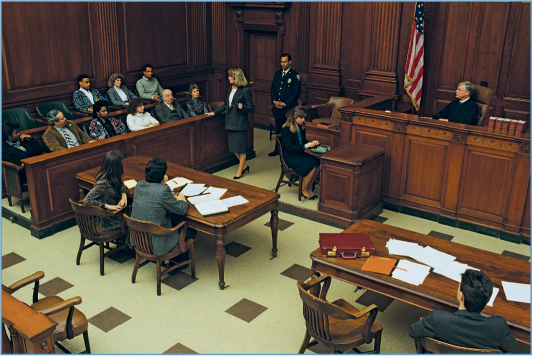
A lawyer addresses a jury in a traditional U.S. courtroom.
When the judiciary does decide a controversy, a body of regulations governs what parties are allowed before the court, what evidence will be admitted, what trial procedure will be followed, and what types of judgments may be rendered. Judicial proceedings involve the participation of a number of people. Although the judge is the central figure, along with the parties to the controversy and the lawyers who represent them, there are other individuals involved, including witnesses, clerks, bailiffs, administrators, and jurors when the proceeding involves a jury.
T he stated function of the courts is the authoritative adjudication of controversies over the application of laws in specific situations. However, it is unavoidable that courts also make law and public policy, because judges must exercise at least some measure of discretion in deciding which litigant claims are legally correct or otherwise most appropriate. Lawmaking and policy making by courts are most evident when powerful national supreme courts (e.g., those in the United States, Germany, and India) exercise their power of judicial review to hold laws or major government actions unconstitutional. They also can occur, however, when judiciaries are behaving as administrators, even when they are merely ratifying agreements reached out of court. Patterns of settlement for suits between employers and employees may be more favourable to employees than formal law would seem to require, because they are influenced by de facto changes in the law that may result from the decisions by juries or trial judges who may regularly be more sympathetic to workers. Formal laws regulating child custody or financial settlements in divorce cases can similarly be altered over time as juries process the claims of the litigants before them in persistent ways.

